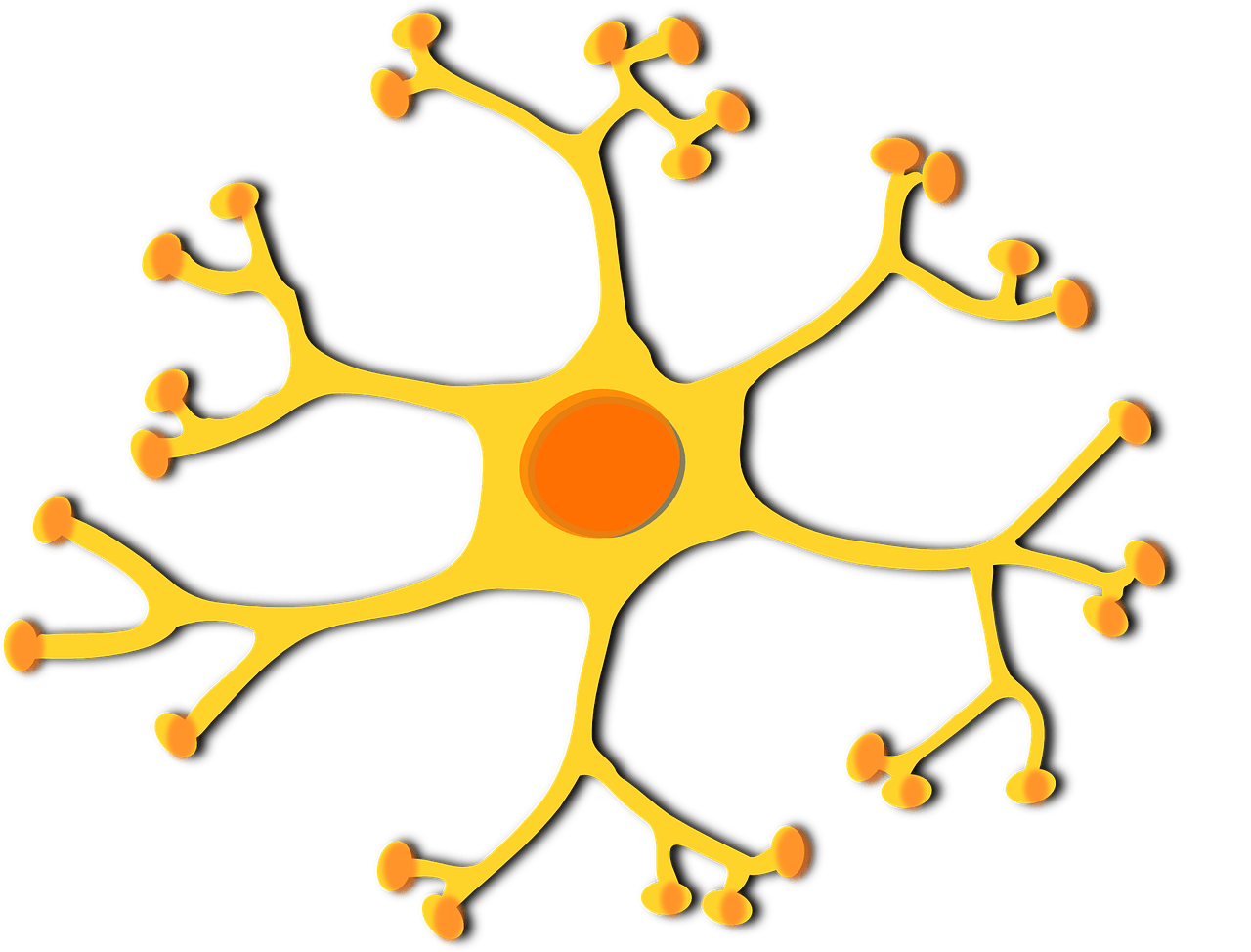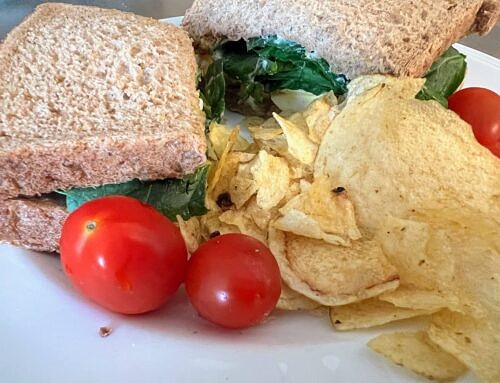
Biochemistry is both fascinating and mind-boggling. The number of processes and reactions that are taking place in our bodies all of the time is amazing. They are crucial to our existence, yet we rarely think about them. The closest many of us get is probably if we need to consider the side effects of medications.
Of course, those of you who regularly read my blog posts will be getting a better understanding of the biochemistry that happens in our bodies. The different roles nutrients have is all part of this. Without the correct ‘chemicals’ and balances, the reactions won’t happen as needed. That is why I apply a functional medicine approach to Nutritional Therapy. Functional medicine does not focus simply on the symptoms, but also the processes happening in the body that contribute to those symptoms – the biochemistry. The food we eat, the lifestyle we follow, our environment and our genetics all contribute to our biochemistry and how it influences our health. Symptoms are just that, symptoms of a condition that has a cause and a root cause. Sometimes seemingly unrelated symptoms may be related biochemically. Nutritional therapy aims to help individuals identify the factors that contribute to that cause and address them so that the symptoms subside.
What this means for nutritional therapy practice
Taking this approach to providing nutritional advise requires a scientific basis. This means that for each client and condition, I carry out research of the scientific literature (published study papers) and appraise their quality to help me understand the latest applicable science and biochemistry that may be involved. This then leads me to identify suitable nutritional support for that client, on a personalised basis. Science is a continuous process with knowledge constantly being updated and expanded; this is why I carry out the research for every client even if they display similar concerns. This is perhaps the most time-consuming part of nutritional therapy – a lot happens ‘back stage’ between the first and second consultations particularly! I don’t have specific treatment plans that must be adhered to as a one-size-fits-all approach. To support my research skills I have a Master of Science degree (MSc Nutritional Science and Practice).
Alongside the research into clients’ conditions and nutritional influences, I also lookup their medications – could those medications influence the symptoms or nutritional efficacy? Alternatively, could any nutritional inputs affect the efficacy of the medications? You may have heard information about particular medications and nutrients – warfarin and vitamin K being a famous example – and the work I do includes checking the scientific basis for this and what precautions need to be taken, if any. Legend, hearsay and internet health advice are not reliable enough for the work I do. The need to illustrate a scientific backing is why I include scientific references within my blog posts; they may not be all the references I use, but are the easiest to read. (And yes, vitamin K does impact the effectiveness of warfarin but the science shows that consuming some vitamin K sources can be OK, beneficial even. Of course, you need to consult your doctor, before changing your diet to establish the best choices for your health).
At Alible Nutrition it is important to me that I understand my clients. I need to understand not just where my clients are now health wise, but also the contributors to that health status and the potential root causes. For this I use science, particularly biochemistry, to a provide functional medicine-based approach. This helps me identify not only the possible imbalances within my client’s bodies, but also possible complications and solutions. Furthermore, this level of understanding enables me to help clients optimise their diets on a personalised and up-to-date basis.
References/Further Reading
- https://www.ifm.org/functional-medicine/ Please note: I am not an Institute for Functional Medicine member or practitioner, I simply apply a functional medicine approach to support clients.



